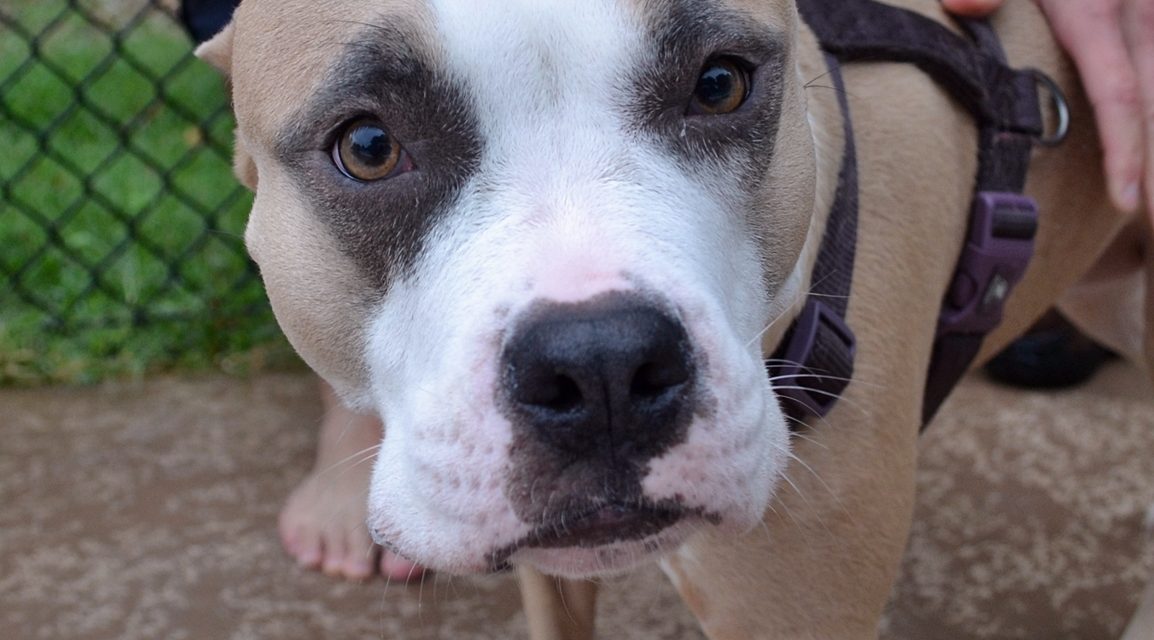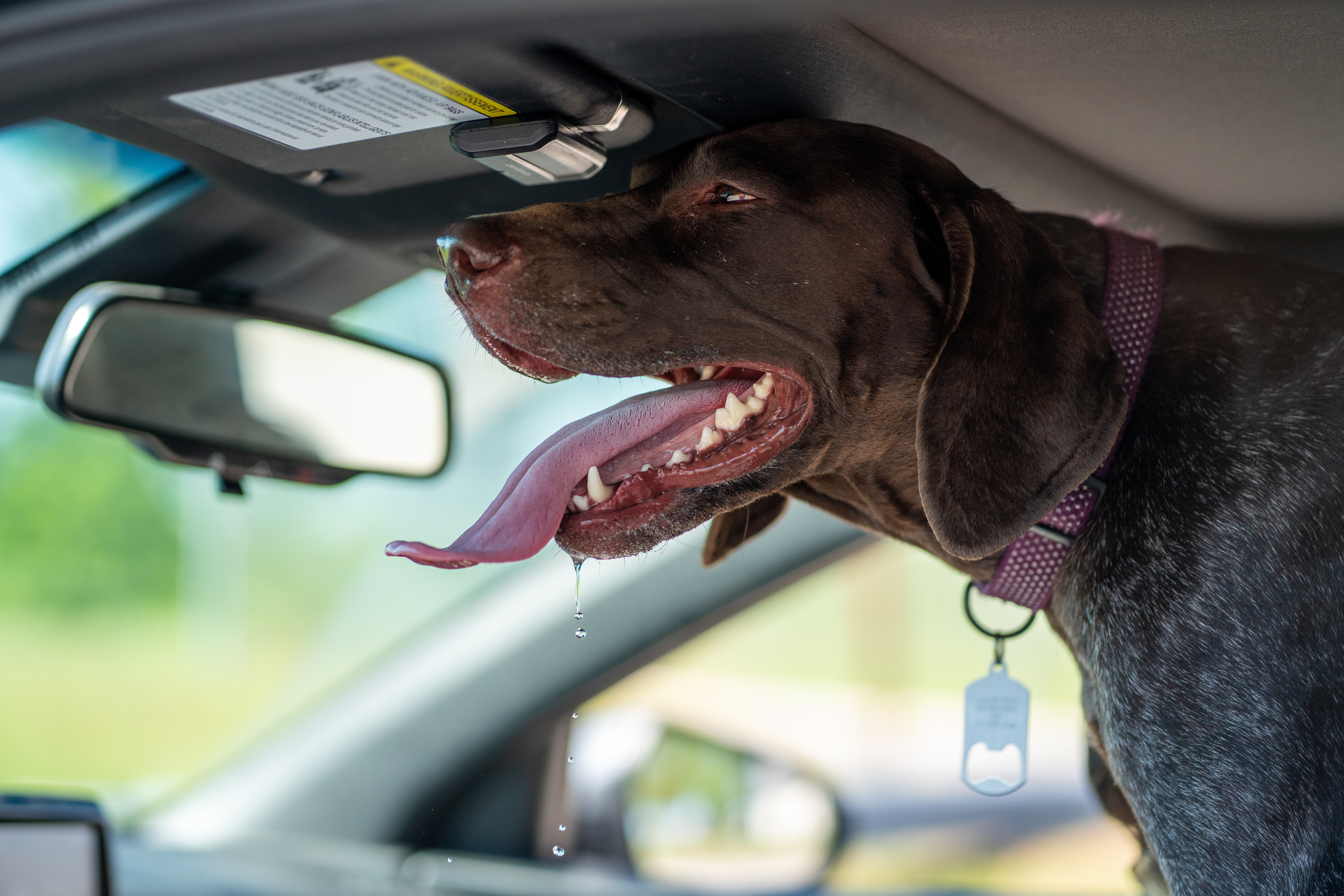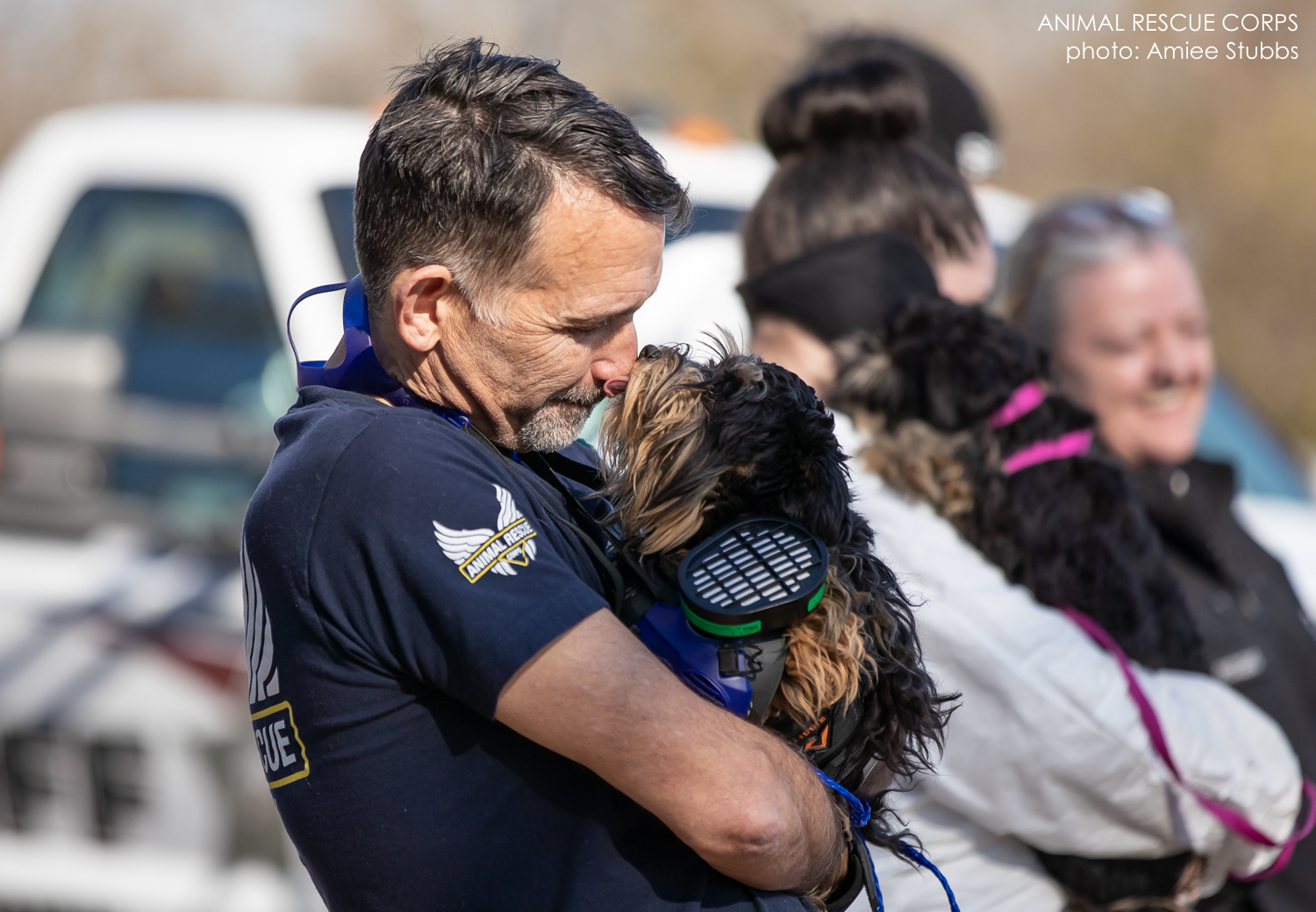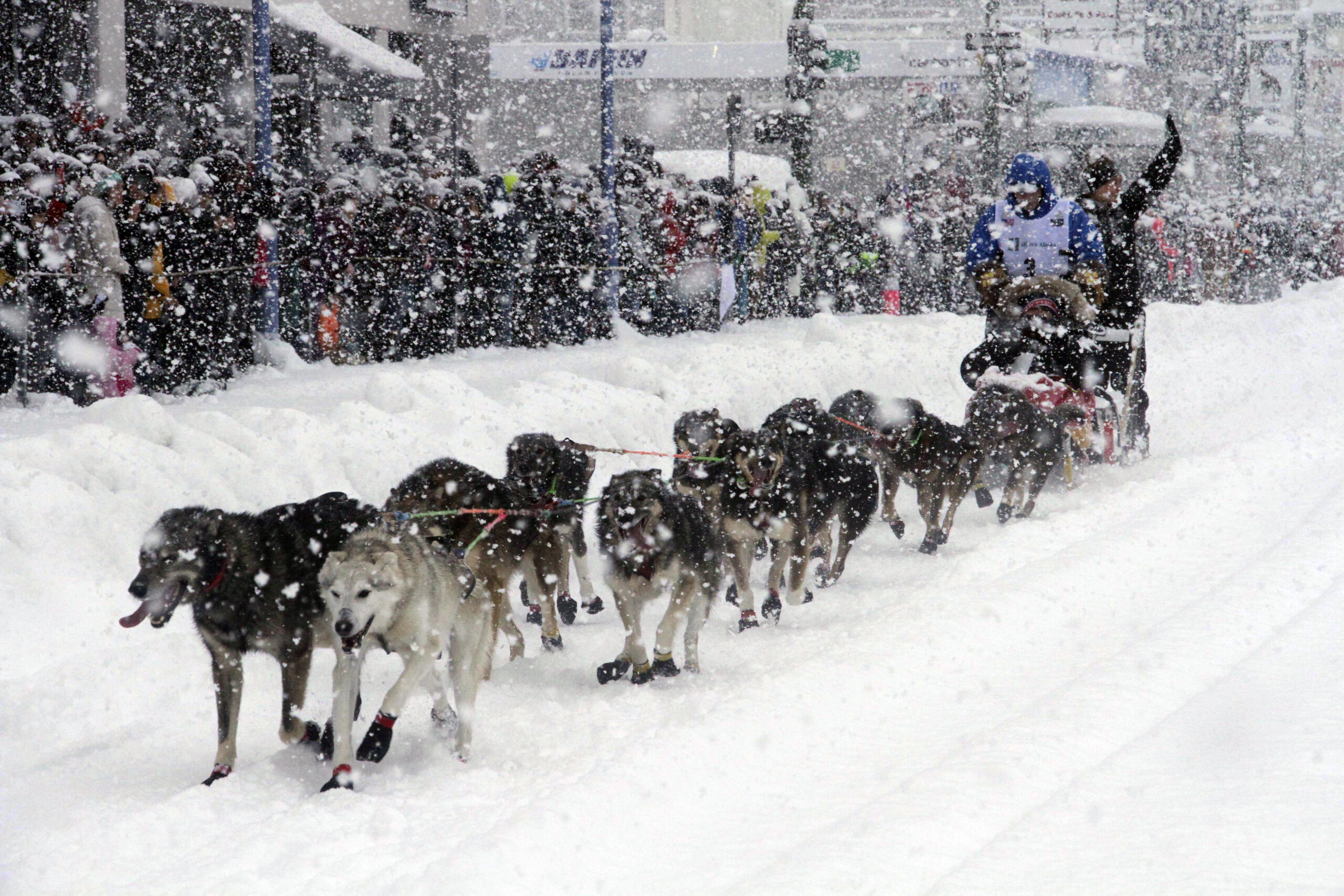“Canine influenza is highly contagious,” says Dr. Patricia Norris, Director of Animal Welfare for the North Carolina Department of Agriculture. “The good news is that the vast majority of dogs will recover with supportive care if they’re not suffering from any other chronic diseases.”
She says, while it’s not a threat to humans, canine influenza can pose a problem for pets.
“What dog owners should be looking for would be dogs that are running a fever; they don’t feel well; they aren’t eating particularly well,” says Norris. “They are lying around, they have a particularly harsh cough, may have a nasal discharge. You’ll notice a change in their activity level.”
Most healthy dogs will recover within two weeks, but Norris says some may be susceptible to secondary infections.
“The ones that tend to have the worst secondary infections are the young the old the chronically ill, the ones that have respiratory diseases already.”
The virus has already been reported in Asheville, Greensboro, Winston-Salem and Raleigh. Norris says she expects to see more cases throughout the state. She notes it can be difficult to distinguish between canine flu and other dog diseases.
“There are lots of causes of respiratory diseases and even some other diseases can present as respiratory diseases, like heart disease,” says Norris. “You should not presume that because your dog has developed a cough, it has canine flu.”
For those who like to travel with their dogs, Norris has this warning: “I think that dog owners that are putting their dogs in any social situation, whether it be vacation, agility trial, dog show, dog park, boarding kennel, grooming- anywhere where dogs congregate and come and go- they should be well-vaccinated. The best person to tell you how to vaccinate for your dog and your particular situation is your family veterinarian.”
If your dog is showing symptoms, call your veterinarian before bringing it into a clinic.
“Let your veterinarian know that you have a dog showing signs of a respiratory disease and then they will instruct you about making an appointment and how you want to handle that, because you don’t want this dog sitting in a waiting room full of other dogs,” says Norris.
While there is a canine flu vaccine, Norris says it is not clear if it will protect animals against this strain of the virus. She says your family vet is the best source of information about your dog’s health.
For more on canine influenza, click here.






Comments on Chapelboro are moderated according to our Community Guidelines